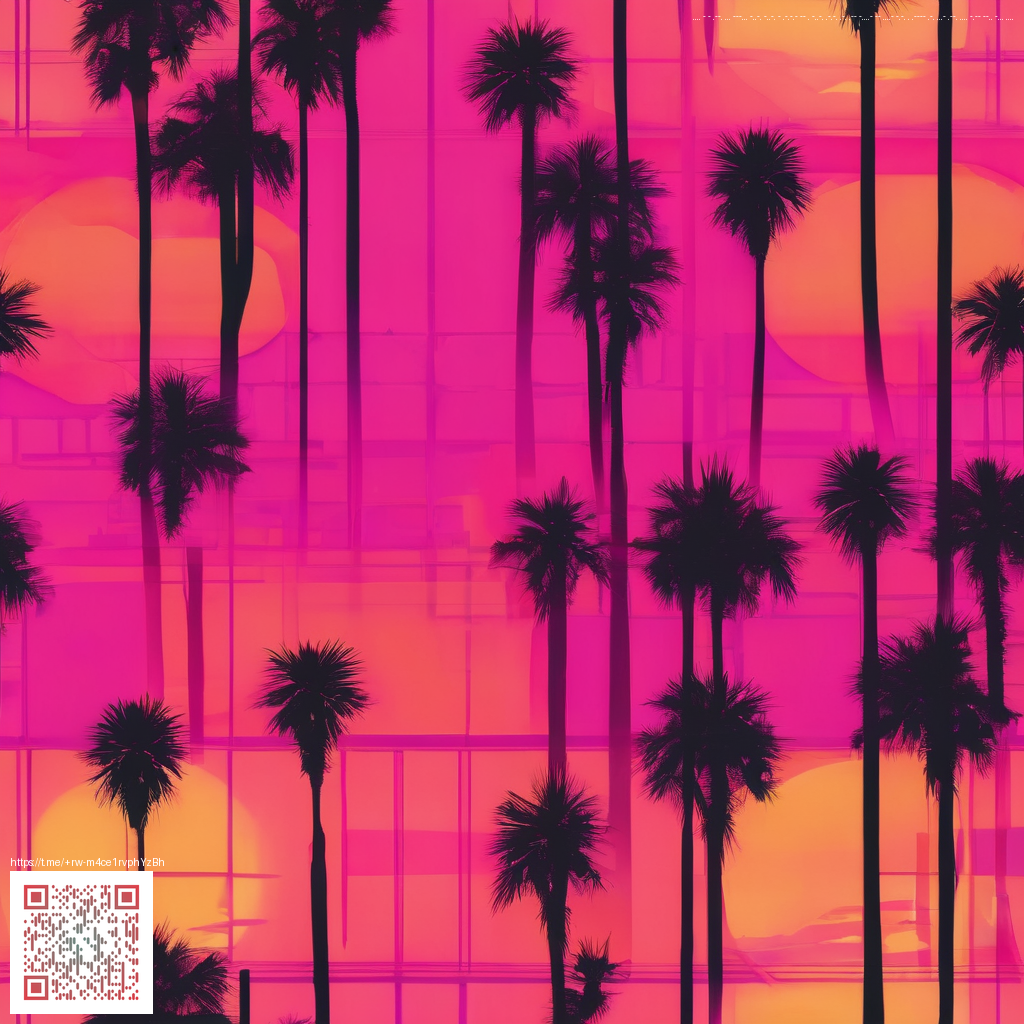
Urban ethics in a living digital metropolis
Urban simulation games have long invited players to balance ambition with responsibility. In this latest outing, the tension between growth and equity threads through every district, transit line, and budget decision. The design invites players to weigh not just traffic flow and tax revenue but the lived experiences of residents who inhabit the city you build 🎮
The core gameplay loops function as a thought experiment about real world governance. Zoning choices set the stage for housing availability, job access, and environmental impact, while service coverage and policing shape safety and trust. Each decision ripples outward, encouraging players to consider long term viability over quick wins. The result is a sandbox where ethics feels integral to strategy rather than a lecture you can skip.
Gameplay mechanics as a thought experiment
Traffic optimization remains a central pillar, but the game extends past mere efficiency toward social consequence. Public transit options not only move people; they redefine accessibility for low income neighborhoods and fragile communities. This layer of complexity nudges players to design systems that minimize hardship while sustaining growth. The overlay tools, from pollution to noise to educational access, provide a vivid map of what a city values in real time.
Citizen sentiment and municipal data become persuasive forces in play. When services lag, residents express frustration through dynamic signals that influence district stability and growth potential. The interplay between quantitative metrics and qualitative well being turns every street grid into a canvas for moral experimentation. It is a rare sim that makes you feel the weight of policy choices as you watch a skyline evolve 🕹️
Community voices often highlight that the city becomes a living mirror of the choices players make, turning design decisions into narrative moments that shape resident well being.
Community voices shaping the city narrative
Player communities thrive on storytelling. Shared city stories reveal surprising outcomes from modest policy pivots and lighting upgrades. Modding culture amplifies this effect by enabling governance experiments, climate modeling, and disaster response scenarios that broaden the scope of ethical inquiry. The result is a vibrant tapestry of user generated content that pushes the core game beyond its base rules.
The social layer is equally significant. Local forums and stream chats become ongoing laboratories where players test ideas about housing affordability, transit equity, and environmental justice. Even casual play sessions often evolve into thoughtful debates about how a metropolis should balance opportunity with responsibility. That is the heartbeat of a game that treats cities as dynamic, contested spaces 🧠
Updates that sharpen the urbanist toolkit
Ongoing updates continually expand the range of tools available to players. New transit modes, smarter grid logic, and richer data overlays deepen the sense that you are building with purpose rather than merely constructing. These enhancements also reflect a commitment to performance and accessibility, inviting more players to engage with the ethical dimension of city design.
With every patch, the developers signal a willingness to listen to the community. The bigger picture sense of planning remains constant, but the methods to achieve fair and resilient cities become more nuanced. That iterative approach makes the experience feel alive and relevant in a way that echo chambers rarely sustain 🎯
Modding culture and the power of user created content
Mod support is a lifeblood in this space. Enthusiasts craft governance simulations, alternate policy frameworks, and scenario packs that push players to interrogate what it means to manage a city with limited resources. The resulting ecosystem is a powerful reminder that games can serve as collective labs for urban theory and civic imagination.
Mods also extend the game’s lifespan by introducing fresh challenges, uncommon city layouts, and experimental balancing. This community energy fuels conversations about policy trade offs, resilience planning, and inclusive design. When players see a mod that reframes how neighborhoods relate to the central spine of the city, the entire discourse expands with new questions and ideas 🎮🔥
Developer commentary and future directions
Behind the scenes conversations emphasize a design philosophy that prioritizes depth without sacrificing accessibility. The team highlights ethics as a core lens through which to refine systems such as zoning rules, service distribution, and civic participation. The aim is to empower players to craft cities that feel lived in and morally coherent while preserving the joy of experimentation.
Looking ahead, the roadmap points toward richer governance simulations, expanded data storytelling, and more robust tools for community input. The ambition is to make governance feel participatory rather than top down, inviting players to shape a city that reflects diverse needs and aspirations. In this spirit, every update becomes an invitation to re evaluate what success means in a bustling urban landscape 🕊️
Ready to bring a city to life while exploring the bigger questions that city making raises You can check out a range of related conversations in our network and join the dialogue as it evolves
Slim Glossy Phone Case for iPhone 16 Lexan PC